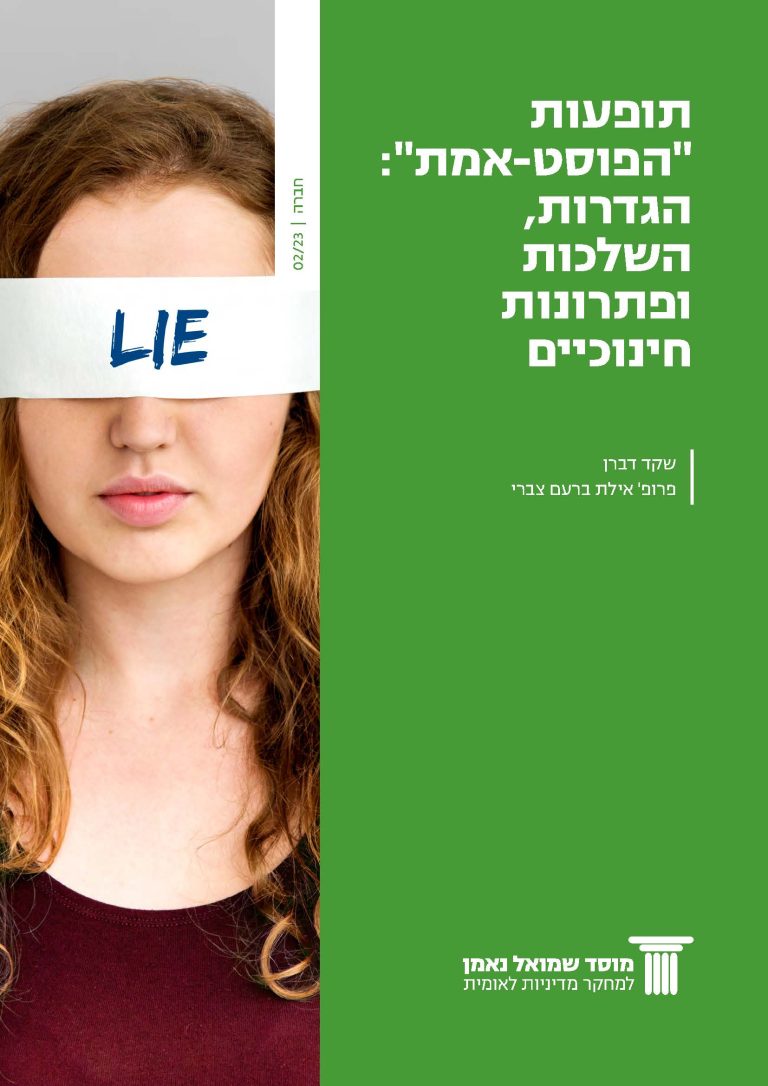The outbreak of COVID-19 in 2020 has brought the term “infodemia” to the forefront of public discourse. Infodemia refers to an epidemic of false and misleading information that spreads rapidly in the online space. It is a manifestation of the phenomenon known as “post-truth”, a term that describes a reduction or negation of the role of facts in public life. In the online world, fake news, rumors, and conspiracy theories have become prevalent, challenging the public, who often lacks the time, motivation and knowledge required to evaluate information, to form a fact-based understanding of the world.
The distribution of false and misleading information is not a new phenomenon; however, the online space has expanded its spreading to unprecedented levels, particularly in politics, international relations, as well as science and health, which this report focuses on.
Three post-truth phenomena have become prominent in the online space: fake news, rumors, and conspiracy theories.
Despite their centrality, there is a lack of clarity regarding the definitions of these terms, making it challenging for stakeholders and policymakers to engage in productive discussions. This report aims to clarify the concepts. We then address post-truth phenomena, their potential consequences, the factors driving their spread, and the characteristics of susceptible audiences.
In conclusion, the report offers potential educational solutions to handle the post-truth phenomena prevalent in the online space in the 21st century.












